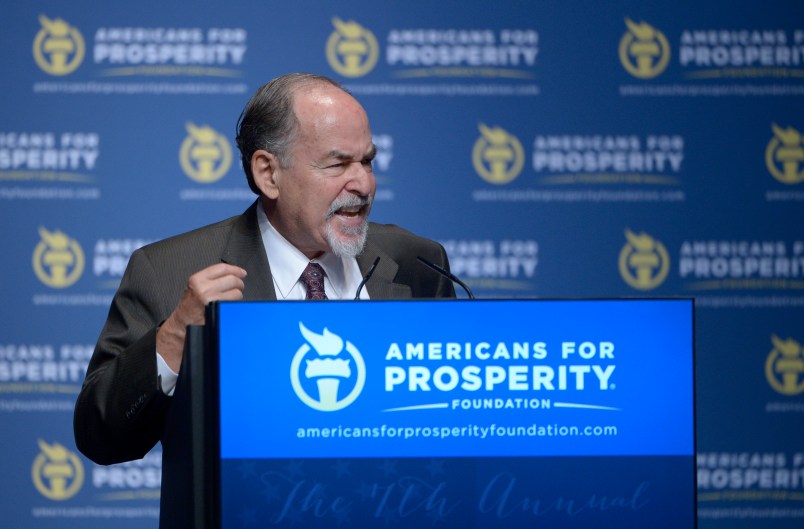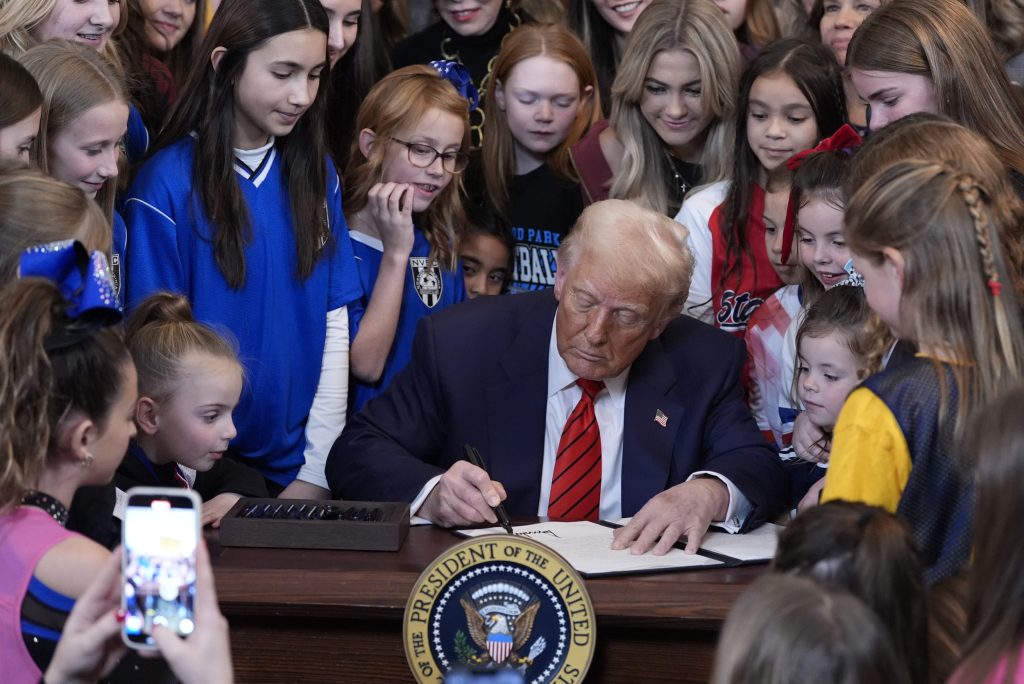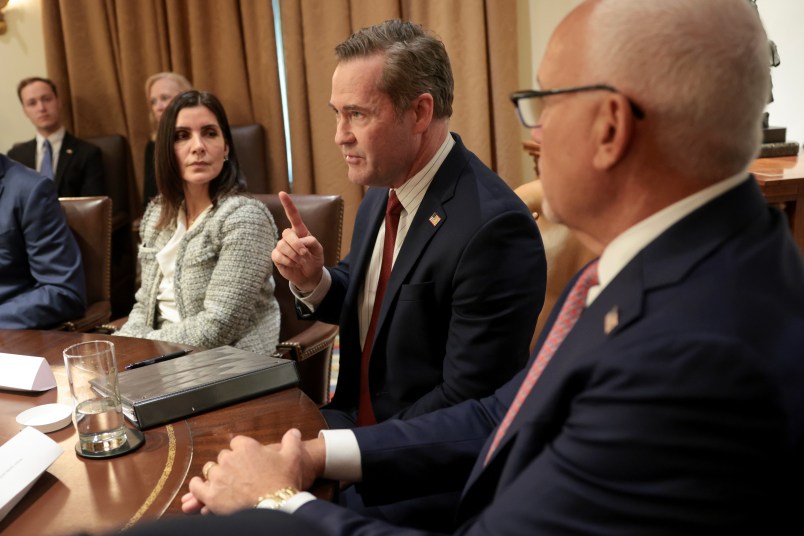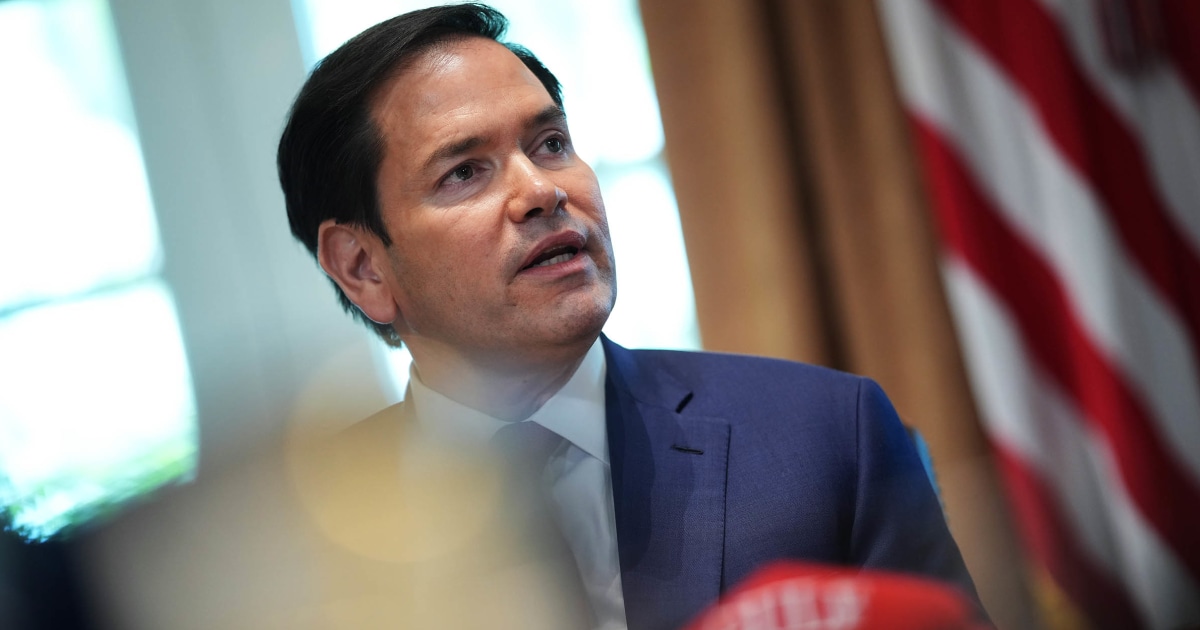Now Reading: David Horowitz Dies
-
01
David Horowitz Dies
David Horowitz Dies

I was unaware of David Horowitz’s passing at the age of 86. Over the years, I have been critical of Horowitz, dating back to an article in The American Prospect in the late 90s. Although I stand by my writings, I won’t delve into the specifics now. Horowitz was the first person to confront me verbally early in my career, reacting to my critical remarks in the Prospect article. This encounter taught me how printed criticisms can lead to personal confrontations. Horowitz had a confrontational persona both on and off-camera.
In contrast, I tend to be critical in my writings but am polite in person, even to those who criticize me. My confrontational side emerges only when provoked beyond a certain point. Unlike me, Horowitz thrived on drama, embodying a political performance artist rather than a writer or thinker. His influence is evident in the performative nature seen in Trump’s world.
I recently learned from a Times obituary that Horowitz was a significant mentor to Stephen Miller since high school, which explains their close connection. Horowitz played a crucial role in Miller’s career, assisting him in securing a job as press secretary for former Sen. Jeff Sessions. This revelation aligns with the common occurrence of influential figures becoming mentors to prominent individuals.
Regarding this, Josh Kovensky’s recently published piece on a lawsuit filed by Miller’s America First Legal Foundation against Chief Justice John Roberts caught my interest. The lawsuit argues for White House control over the court system. This lawsuit, which reflects Horowitz’s influence, serves as a fitting conclusion to his impact on American public life.






